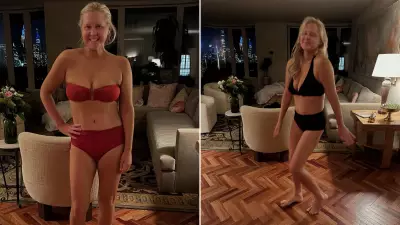
The founder of a prominent New South Wales music festival is spearheading a legal challenge against police methods, arguing that the widespread use of sniffer dogs and subsequent strip searches is inflicting psychological harm on attendees and infringing upon their basic rights.
Legal Battle Over Festival Policing Methods
Damien Crisp, who established the Mountain Sounds festival before its cancellation in 2019, has become the public face of a significant legal action questioning the proportionality and effectiveness of current police strategies at music events throughout NSW.
"We're witnessing a generation of young people being traumatised by these procedures," Crisp stated. "The current approach creates an environment of fear and intimidation rather than safety and celebration."
Questioning the Effectiveness of Current Tactics
The challenge raises serious concerns about the accuracy rates of sniffer dog indications and the triggering of invasive strip searches based on what critics claim are often false positives. Data suggests that a substantial majority of dog indications don't lead to drug discoveries, yet frequently result in personal searches.
"When you have accuracy rates that would be unacceptable in any other law enforcement context, we need to ask whether these methods are truly about safety or simply about projecting police presence," Crisp argued.
The Human Cost of Enforcement
Advocates point to numerous accounts from festival-goers who describe strip search experiences as deeply humiliating and psychologically damaging. Many report feeling violated by procedures that they believe lack proper justification and oversight.
Medical and psychological experts have increasingly voiced concerns about the potential long-term effects of these encounters, particularly on young adults who may be experiencing their first significant interaction with law enforcement.
Broader Implications for Event Culture
The legal action comes amid growing scrutiny of how policing methods might be altering the fundamental nature of music festivals and public gatherings in NSW. Event organizers worry that aggressive enforcement could ultimately diminish the vibrant festival culture that has become an important part of the state's entertainment landscape.
"We want our events to be safe spaces for artistic expression and community," Crisp emphasized. "The current enforcement climate makes that increasingly difficult to achieve."
The case is expected to examine whether current practices represent a reasonable balance between public safety and individual rights, potentially setting important precedents for how large-scale events are policed throughout Australia.





